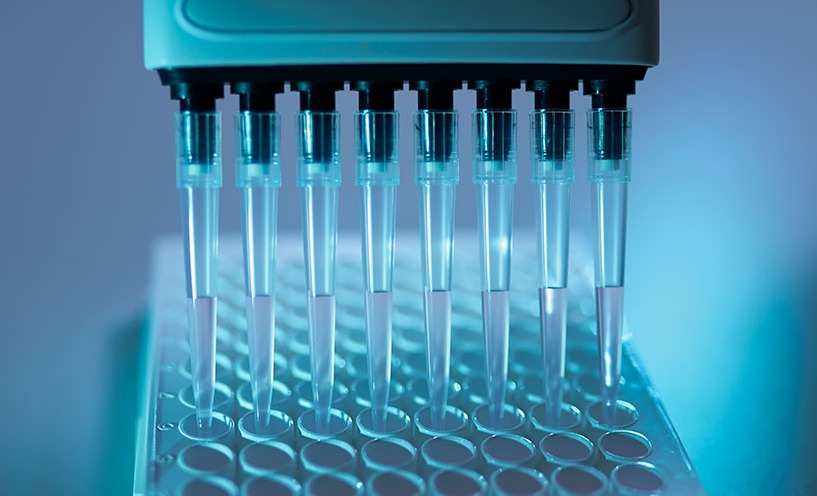- Other Products
- CCP
The Interleukin 6 (IL-6) family is a large and diverse group of cytokines (IL-6, IL-11, IL-27, IL-31, OSM, LIF, CNTF, CT-1 and CLCF1) that is defined based on the use of common β-receptor signaling subunits. This family is very complex and affects most, if not all, major biological systems of the body. Its individual members are involved in reproduction, development tissue regeneration, immune homeostasis and defense against infection, trauma and injury. Not surprisingly, dysfunction in IL-6 family can lead to severe consequences such as chronic disease and cancer, which make them good candidates as diagnostic indicators, disease biomarkers and therapeutic targets.


The Interleukin 6 (IL-6) family is a large and diverse group of cytokines (IL-6, IL-11, IL-27, IL-31, OSM, LIF, CNTF, CT-1 and CLCF1) that is defined based on the use of common β-receptor signaling subunits. This family is very complex and affects most, if not all, major biological systems of the body. Its individual members are involved in reproduction, development tissue regeneration, immune homeostasis and defense against infection, trauma and injury. Not surprisingly, dysfunction in IL-6 family can lead to severe consequences such as chronic disease and cancer, which make them good candidates as diagnostic indicators, disease biomarkers and therapeutic targets.
IL-6 family and receptor-associated dysregulation are often found in cancers with poor clinical outcome. They promote pro-tumorigenic events by both direct effects on cell proliferation, survival and metastasis, and by indirect effects on inflammation responses and immunosuppression. However, the IL-6 family is also involved in antitumor responses which presents an interesting challenge for makers of biological drugs that modulate cytokine activity.
In addition to their role in cancer, IL-6 family cytokines play essential roles in the regulation of inflammation and are important for responses such as acute-phase reactions and development of autoimmunity. Moreover, there is mounting evidence that defects in the IL-6 family can affect the body’s defense against bacterial, fungal and viral infections. In fact, the IL-6 family is suspected to play a part in severe cases of the COVID-19 infection. Initial results from a Chinese study, where COVID-19 patients were given an IL-6-inhibiting drug, tocilizumab, suggest that such drugs can be effective in rapidly reducing fevers and the need for supplemental oxygen. Based on these results, China has updated its treatment guidelines and approved the use of the IL-6 inhibitor to treat COVID-19 patients with severe or critical disease.
Furthermore, Sanofi and Regeneron Pharmaceuticals, Inc have announced that they have initiated a clinical program evaluating Kevzara® (sarilumab) in patients suffering from severe COVID-19. This drug is a monoclonal antibody that inhibits interleukin 6 (IL-6) by blocking its receptor. Preliminary data suggests that IL-6 may play an important role in driving acute respiratory distress syndrome (ARDS) in critically ill COVID-19 patients.
Tocilizumab and sarilumab are usually recommended for treatment of Still disease, Castleman disease and several forms of arthritis. In addition, to these therapeutic agents, several others are in development in both the pre-clinical and clinical phases.
Svar offers a sensitive and specific cell-based iLite® IL-6 assay which is ideal for measuring potency and NAbs in drug development. Our iLite assays are ideal for identifying the mechanism of action of new therapeutic antibodies, asses immunogenicity and determine biosimilarity between the candidate drug and its originator.
Learn more about iLite IL-6 cell-based assays